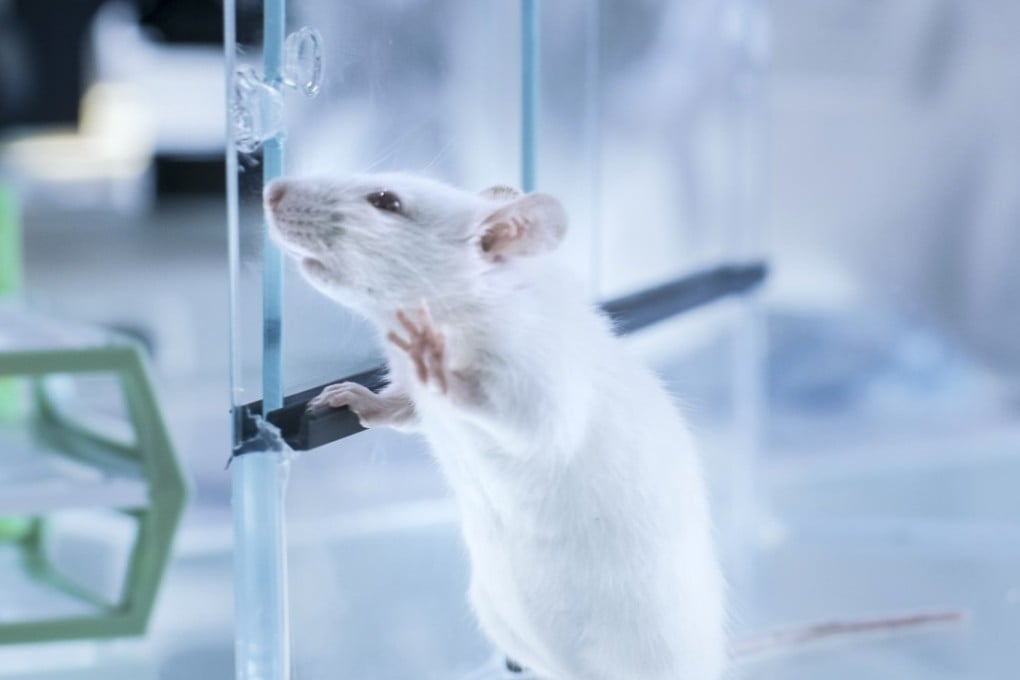It’s not carbs or sugar. Eating more fats makes you fat, study on mice shows
Joint research by Chinese and British scientists links weight gain in mice to the amount of fat in their diet, not protein or sucrose

Among dieters, it’s an eternal debate: what is the best way to keep weight off? A high-carb diet? Low-sugar? All-protein?
Now, new joint research by Chinese and British scientists suggests something simpler – and maybe something we already knew in our gut: to avoid putting on the pounds, avoid fat in your diet.
The Chinese government-backed study, published last week in the scientific journal Cell Metabolism, showed that weight gain in mice was linked only to dietary fat levels, not to protein or sucrose.
An increased intake of dietary fats was found to drive obesity in mice more than an increase in protein or carbohydrates. In other words, the bigger the proportion of fat in their diet, the more likely they were to overeat, which led to a higher likelihood of obesity.
The research involved a collaboration between Chinese and British researchers at the Chinese Academy of Sciences and the University of Aberdeen in Scotland. The study was the biggest nutrition study of its kind in 50 years, according to the team.
The ultimate aim of the study was to find out which macronutrient had the biggest impact on body weight gain, in the face of varying results from other nutrition studies, according to Hu Sumei, a postdoctorate fellow at the Chinese Academy of Sciences and one of the paper’s authors.